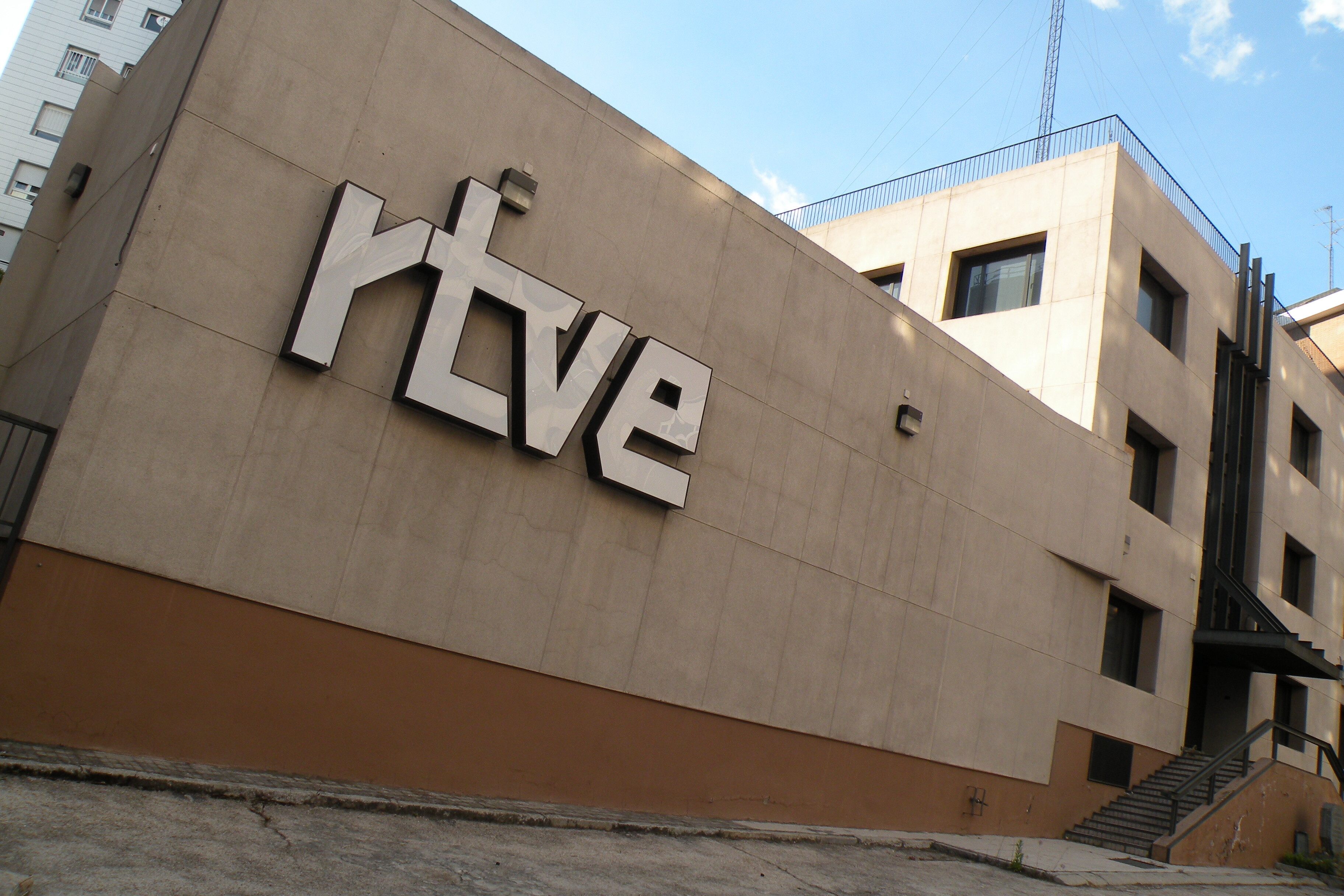More than 170 communication and education professionals, civil society organisations, federations and unions have signed a declaration calling on the Spanish government to restart proposals to democratise the public broadcaster RTVE.
For years the Corporación de Radio y Televisión Española (RTVE) has faced paralysis due to what many see as a democratic deficit in the way that the corporation’s Board and management are formed. It is hoped that a “public contest” to decide on the Board’s makeup to will also improve accountability and transparency as well as better ensure RTVE’s independence.
PMA partner Teledetodos, has released a detailed press release and declaration calling on the recently elected Spanish government to live up to promises to reactivate the public-tender, commit to sustainable funding and better ensure “social participation” with the public broadcaster.
The full press release can be read below:
Press Release: ONLY DEMOCRATIC SOLUTION TO RTVE’S PARALYSIS
The commitment to democratic regeneration and culture included in the agreement of the new PSOE and United-Podemos coalition Government has a pending issue in the urgent and necessary regeneration of the public audio-visual communication space, which includes the reconstruction of the RTVE democratic management bodies.
The culmination of the public contest for the election of the presidency of the corporation and of the members of the Board of Directors of CRTVE with the maximum consensus is widely seen as the only viable way out of the institutional paralysis that this public corporation suffers.
That was the commitment of the political groups when they unanimously approved Law 5/2107, of September 30, whose application reached its final stage in previous legislatures with the competition of the candidates and the actions of the Committee of Experts. This must now be implemented. Failure to do so would represent a political fraud against the public and the coup de grace to a public television broadcaster that has been provisionally unsustainable for more than a year and a half.
On the other hand, if we talk about the social agenda, this implies addressing the right of citizens to access free and independent information and free, universal and quality content that can compete on equal terms with large private consortia and the increasingly powerful payment platforms.
It is vital that the new Government be committed to a broadly reformist and progressive audio-visual policy that serves, in the short and medium term, to regenerate the democratic public space, reconnect with society and ensure greater public impact.
These actions are urgent given the current situation of RTVE, which suffers a paralysis in its reforms and strategic projects that deteriorates its image and its social weight, in a way that in a few years will be irreversible. Beyond the fall of audiences, it is the current inability of the public service to open up to society and to adapt to the deep digital mutations of the social uses of communication.
Regeneración democrática y fines sociales de la comunicación de servicio público
El compromiso con la regeneración democrática y la cultura incluido en el acuerdo del nuevo Gobierno de coalición PSOE y Unidas-Podemos tiene una asignatura pendiente en la urgente y necesaria regeneración del espacio público de comunicación audiovisual, que incluye, de entrada, la reconstrucción de los órganos democráticos de gestión de RTVE.
La culminación del concurso público para la elección de la presidencia de la corporación y de los miembros del Consejo de Administración de CRTVE con el máximo consenso se revela como la única salida viable a la parálisis institucional que padece esta corporación pública.
Ése fue el compromiso de los grupos políticos cuando aprobaron por unanimidad la Ley 5/2107, de 30 de septiembre, cuya aplicación llegó a su tramo final en anteriores legislaturas con el concurso de los aspirantes y las actuaciones del Comité de Expertos, y que ahora debe terminar su recorrido. No hacerlo representaría un fraude político a la ciudadanía y el golpe de gracia a una radiotelevisión pública que lleva más de año y medio en una provisionalidad insostenible.
Por otro lado, si se habla de agenda social, ello implica atender el derecho de los ciudadanos a acceder a una información libre e independiente y a unos contenidos gratuitos, universales y de calidad, que puedan competir en igualdad de condiciones con los grandes consorcios privados y las cada vez más potentes plataformas de pago.
Es vital que el nuevo Gobierno apueste por una política audiovisual ampliamente reformista y progresista que sirva, a corto y medio plazo, para regenerar el espacio público democrático, reconectar con la sociedad y asegurar una mayor repercusión pública.
Estas actuaciones son urgentes dada la situación actual de RTVE, que sufre una paralización de sus reformas y proyectos estratégicos que deteriora día a día su imagen y su peso social, de una forma que en pocos años será irreversible. Más allá de la caída de audiencias, se trata de la incapacidad actual del servicio público de abrirse a la sociedad y de adecuarse a las profundas mutaciones digitales de los usos sociales de la comunicación.
Header Image: Edificio de rtve donde se iniciaron las emisiones en España. Credit: Pedro Cambra
Related Posts
26th June 2018
Insight | RTVE public contest faces further challenges
After an arduous process, a reform to…

